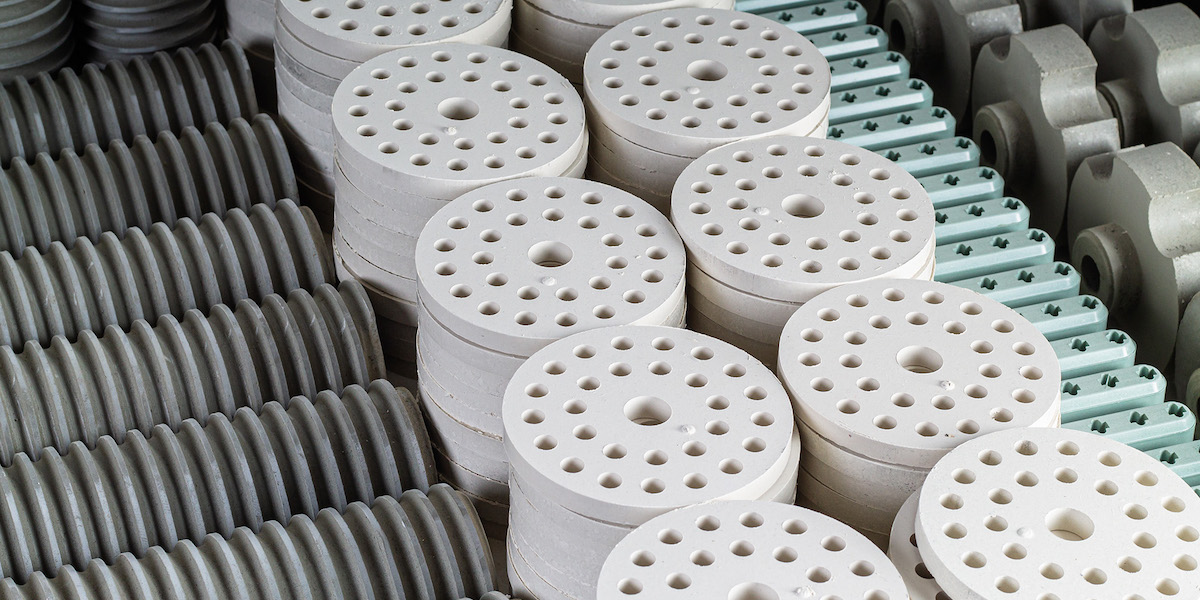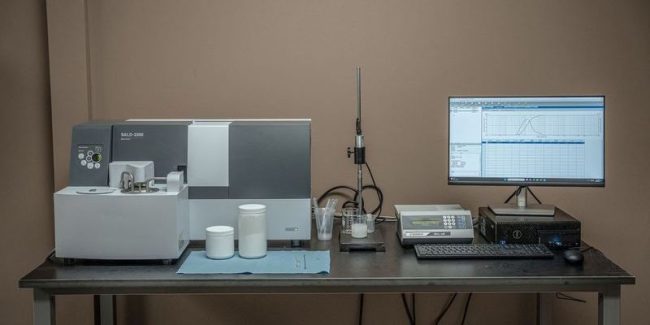
What Are Toll Manufacturing and Contract Manufacturing?
Whether you call it toll manufacturing or contract manufacturing, this business model involves partnering with external manufacturers to handle specific production processes or the manufacturing of finished goods.
Toll Manufacturing vs. Contract Manufacturing
People often use “toll manufacturing” and “contract manufacturing” interchangeably, and while they’re similar, there’s a key difference that sets them apart.
With toll manufacturing, you (the client) supply the raw materials. A toll processor (like us) then handles the processing, using specialized equipment and expertise to turn those materials into a finished or semi-finished product. You keep full ownership of the materials throughout the entire process.
With contract manufacturing, the manufacturer takes on more responsibility. They typically source the raw materials themselves and oversee the entire production process, from start to finish.
At the end of the day, both models allow businesses to expand their production capacity without heavy capital investment. The choice comes down to how much control you want over the raw materials and supply chain. Either way, working with the right toll processing partner ensures high-quality production, cost savings, and access to specialized expertise.
Still not sure which option fits best? Here’s one way to think about it: if you already have a reliable supply of raw materials or need to supply proprietary inputs, toll manufacturing makes sense. If you’re starting from scratch or need help sourcing, contract manufacturing can streamline things.
Why You Should Consider Toll/Contract Manufacturing
Toll and contract manufacturing give businesses a way to produce high-quality ceramics without the hassle of setting up their own facilities. Here’s why working with a manufacturing partner makes sense.
- Specialized Expertise – This goes without being said, but ceramic manufacturing isn’t easy. It requires precision in milling, shaping, firing, and glazing. Toll manufacturers specialize in these processes and have the right equipment to get the job done. Working with an experienced partner means better quality, improved efficiency, and fewer production headaches.
- Save Money on Equipment and Facilities – Building an in-house ceramic production facility is a massive investment. You need specialized equipment, trained staff, and space to operate. Toll manufacturing lets you skip those costs and focus on your business while your manufacturing partner handles production efficiently and cost-effectively.
- Scale Production to Meet Demand – Markets fluctuate. Some months, you need to produce a lot; other times, not as much. Toll and contract manufacturing give you the flexibility to adjust production without the burden of maintaining unused equipment or staff. It’s a smart way to keep operations lean while still meeting demand when it spikes.
Want to discuss which approach makes the most sense for your needs? Talk to the experts at IntoCeramics!

How Toll and Contract Manufacturing Support the Ceramics Industry
Toll and contract manufacturing help businesses produce high-quality ceramic products without massive upfront investments in specialized equipment or facilities. These services provide flexibility, efficiency, and access to advanced ceramic processing techniques.
Custom Ceramic Product Development
Need a unique ceramic component or specialized formulation? Toll manufacturing makes it possible. Instead of setting up an entire production line, businesses can work with an experienced manufacturer that already has the right equipment and expertise. This approach is especially useful for:
- Precision ceramics
- High-purity chemical solutions
- Composite materials
Scaling Up Bulk Ceramic Production
For companies producing large volumes of ceramic products (like tiles, industrial parts, or electronic components) contract manufacturing provides a practical solution. It allows businesses to expand production capacity while avoiding the costs of purchasing and maintaining specialized equipment. The result being high-quality production with built-in cost savings.
Supporting Research and Development
Innovation in ceramics depends on research and development. Many companies partner with toll manufacturers to refine ceramic processing techniques, test raw materials, and optimize production processes. This speeds up product development while improving mechanical properties (and quality standards!)
Considerations When Working with A Toll Manufacturer
- Expertise – Check if the toll manufacturer has experience in your industry and the specific processes you need.
- Equipment – Ensure they have the right machinery and technology for your project.
- Quality – Look for robust quality control measures to maintain consistent results.
- Communication – Clear communication is key for a smooth partnership.
- Flexibility – Choose a partner who can adapt to changes in production needs.
- Cost – Understand the pricing structure and ensure it fits your budget.
- Location – Consider logistics and proximity to streamline transportation.
- Reputation – Check reviews and references to gauge reliability and professionalism.
- Intellectual Property – Ensure your designs and information are protected.
- Long-Term Potential – Evaluate if they’re a good fit for potential future projects.
Toll/Contract Manufacturing FAQs
What Do You Need to Supply for Toll Manufacturing?
If you’re working with a toll manufacturer, you provide the raw materials. This includes not only the main ceramic inputs but also any proprietary additives or ingredients that make your product unique. The manufacturer handles the processing based on your specs.
How Do You Protect Your Formulas or Intellectual Property?
For many companies, protecting intellectual property is a big concern. A good toll or contract manufacturing agreement will include a clear agreement with confidentiality terms. It should define who owns what, how your materials are handled, and who has access. Reputable manufacturers will already have this built into their process.
How Long Does It Take to Get Started?
Lead time can vary based on the complexity of your product and the current workload of the manufacturer, but generally, you should expect a few weeks to a few months from initial conversation to full production. Initial steps often include technical reviews, material testing, trial runs, and contract negotiation. If you have tight timelines, it helps to engage early and provide as much technical detail as possible upfront.
IntoCeramics: A Toll Manufacturing Partner You Can Rely On
At IntoCeramics, we don’t just manufacture ceramics; we help businesses turn ideas into high-quality products with our toll manufacturing services. Our team of manufacturing process consultants knows the ins and outs of ceramic processing, and we’re here to make your production process smoother, more cost-effective, and hassle-free.
Need help with small-batch prototyping? Large-scale production? We’ve got the equipment and expertise to handle it. Instead of investing in expensive ceramic engineering machinery and figuring it all out on your own, you can count on us to get the job done right.
Let’s talk about what you need and how we can help. Get in touch today to see what the manufacturing leaders at IntoCeramics can do for you.
